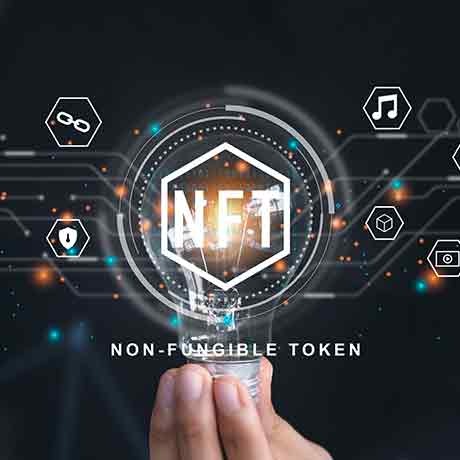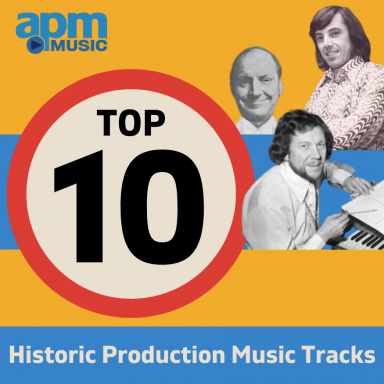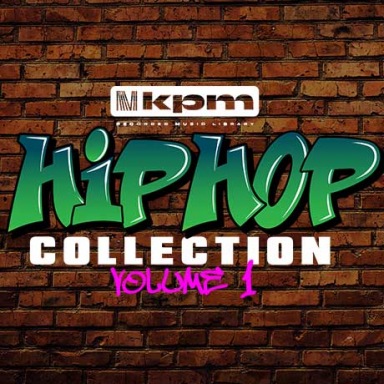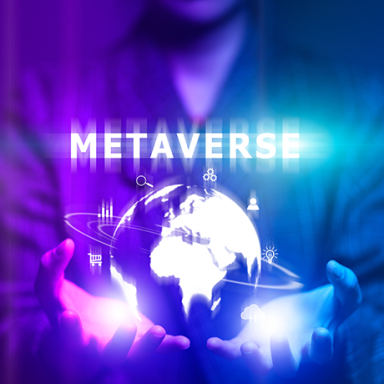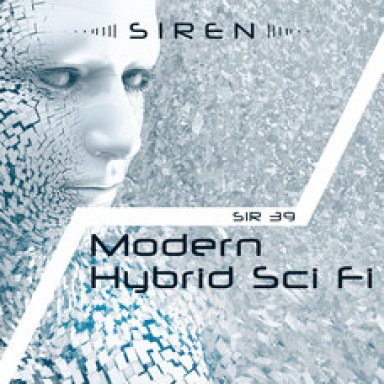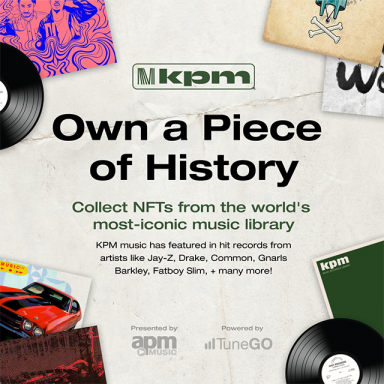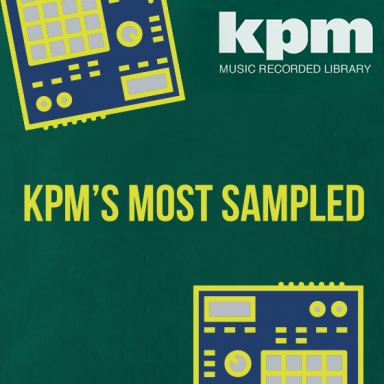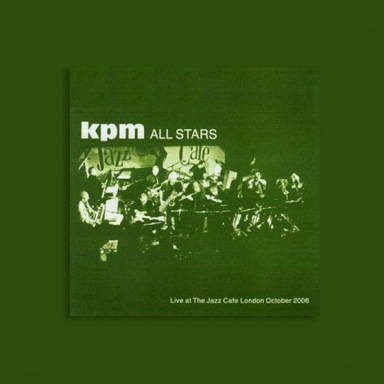Music Licensing For The Metaverse
While whole ecosystems of entertainment and commerce are cropping up within the metaverse, some of us still need to figure out precisely what this new online realm is in the first place. Enter metaverse theorist, author, and venture capitalist Matthew Ball, an expert who has you covered when it comes to defining the new digital space that has captured the world's attention. In his new book, The Metaverse: And How It Will Revolutionize Everything, Ball defines the metaverse as "a persistent and interconnected network of 3D virtual worlds that will eventually serve as the gateway to most online experiences, and also underpin much of the physical world." The word "eventually" might be doing a lot of heavy lifting there, but for now, it's clear that the metaverse's popularity is rising.
Still don't get it? Think about movies like Ready Player One, Inception, or The Matrix—all of these films depict a form of metaverse that dominates the character's reality as much as the physical world. It's a Second Life style setup, where everyone can appear as an avatar or character form of themselves in virtual reality. But, instead of being confined to a single video game, the whole metaverse is meant to mimic the human experience. In some ways, the internet has already been building toward this notion for years, with the expansion of social media, multiplayer games, and streaming. That era, now known as "web 2" is rapidly being replaced by this new set of companies, experiences, and ideas, known as "web 3."
Once the company formerly known as Facebook shifted its attention to Meta Portal and rebranded as Meta, the dominos for web 3 started falling more quickly. The impact of the pandemic and a need for people to work remotely and avoid crowds were other factors that hastened the rise of the metaverse. So what does all this have to do with music? Well, a lot. Since this new space offers a chance to merge social media, gaming, and other forms of entertainment into one massive digital universe, there are a lot of possibilities for innovation relating to the music industry and plenty of other forms of consumerism.
The rise of NFT Music is linked to the idea that music consumption can shift and morph, and holding the rights to a "non-fungible token" might be just as important as holding the physical publishing to a hit song. To that point, though, even if the technology is changing and advancing, the value of music is something that is staying the same, or in some cases, even increasing in value. In order to be used in virtual spaces, music must still be licensed and paid for, and this might actually be a boon for songwriters and artists who have had trouble wrangling control over their music on social media.
"I feel like it's opening a door into new experiences that can really be higher value, that can be deeply immersive and experiential between artists and fans, and I think there's an enormous amount of potential," said CrossBorderWorks CEO Vickie Nauman, who is using her licensing experience to help VR game Beat Saber use tracks, and facilitate David Guetta's song clearances for a Roblox DJ set. "But we're seeing the early stages of some big tangles around rights and licensing," she continued. "For web 3, the licensing norms don't really yet exist. We're still figuring all those things out. We're trying to take what we know in web 2 and previous eras, and see how they apply to web 3. But importantly, for all the startups that may be in the room, the copyright laws do still apply!"
There's a rapt audience who is tapped into the metaverse at all times, making it a new frontier for live performances, music recordings, movies, TV, and plenty of other media types. Labels, publishers, studios, and artists need to take advantage of the new licensing and monetization opportunities this new space offers. Copyright law ensures real-world rights are in place in virtual spaces, just like in physical ones. NFTs and other means of entry into this new ecosystem are already built into the DNA of the digital universe, and plenty of the games, landscapes, and portals that consumers use to start playing in their own virtual reality utilize music as well.
From the library music perspective, major players are already beginning to enter into the Web3 and NFT Music space as well. KPM, who has long been considered the gold standard in library music, has partnered with TuneGo to create a series of digital collectibles out of their historic "Greensleeves" series. Before the internet, finding one of their signature green KPM covers was an immediate signal to crate-diggers that they'd stumbled upon a historic gem. Now, in the era of Web3, where music and art are being reappraised through the lens of NFT offerings, KPM is joining the fold. This is the chance to own iconic songs and legendary samples that will accrue even more value over time without paying a dime.
Historic brands like KPM are jumping into the deep end of Web3 because the numbers show this is where the future of culture is heading. NFT revenue rose from $100 million in 2020, to $25 billion in 2021, and during just Q1 of 2022 the total revenue was $12 billion. That's the kind of astronomical growth that no one who is paying attention can ignore. The growing interest in NFT ownership and overall impact that Web3 is already having a massive impact at a global scale. Within the music industry itself, NFT revenue is on pace to exceed global recorded music revenue in 2022. From 2020 to 2021, the publishing industry grew from $5.9 billion to $6.9 billion, while NFT revenue jumped from $94 million to $24.9 billion.
Given these statistics, don't let confusion or a lack of familiarity with the space stop you from realizing that a new frontier for music licensing just might be found in the metaverse. For independent artists who own all the rights to their publishing, sync, and likeness, getting started in the metaverse is a chance to continue monetizing those aspects of your career. And for publishers and those who own the rights to sync for many artists and songs, finding a way into these ever-expanding universes is the smartest way to plan for the future.
Why APM Music?
APM is the world’s largest, deepest, and broadest music collection with over 1,000,000 tracks from 160 of the industry’s most diverse, respected, and admired libraries, including the legendary British library, KPM, and the iconic German library Bruton, It is also home to the best music directors in the industry today. They offer their expertise to clients in search of the perfect music for their projects.
"It is always a pleasure to work with APM on my projects, including Queen Sugar and Colin in Black and White. They consistently submit great tracks and I am confident when doing a search that there will always be something that lands in our episodes." - Aamina Gant, Music Supervisor (Queen Sugar, Colin in Black & White)

